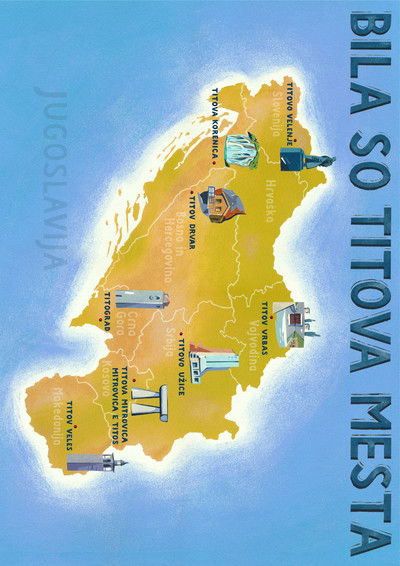They Were Tito's Towns
Genres
HistoryDocumentary
OverView
Following the death of Josip Broz Tito (1892–1980), one city in each of the six republics and two autonomous regions of the Socialist Federal Republic of Yugoslavia had the honour to be named after the long-serving president. Having been chosen due to leftist ideas, proletarian character, industrialisation, urbanisation and modernity, they were often privileged. Now located across seven countries, not one of these cities is still named after Tito. We learn the stories of these cities from their residents who look back at the period under Tito’s name. Many of these stories are tragic since the majority of cities have been touched by war.
Others
Budget
$--
Revenue
$--
Status
Released
Original Language
Slovenian
Runtime
102 mins
Rating
7/10
Release Date
14 September 2017
Country
Slovenia

